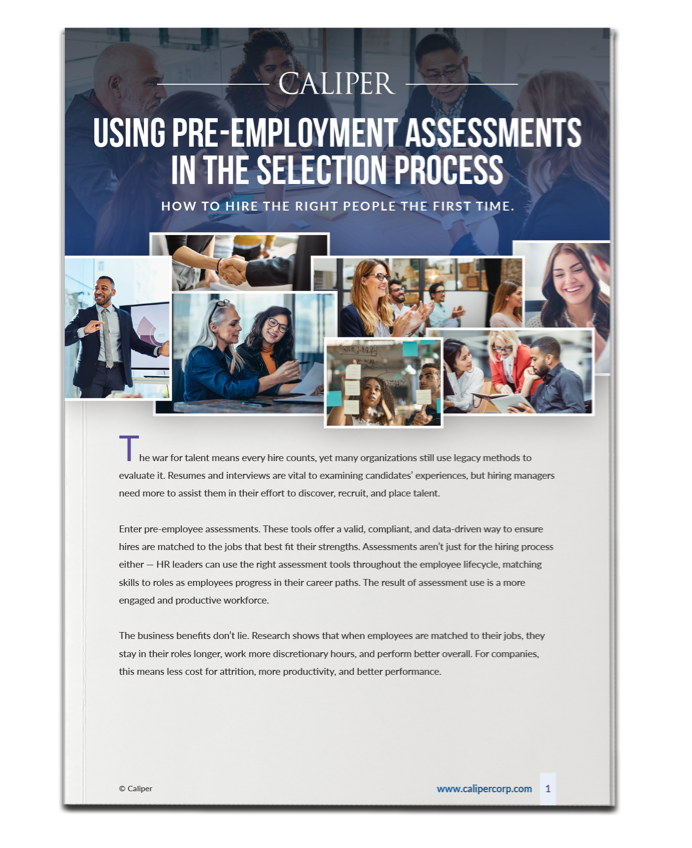Warning: we’re going to begin with a Star Trek analogy, but then we’ll do a sports one. That should cover everybody, right?
Even people who don’t care one bit about Star Trek (what!) know that Captain Kirk is a high-risk, high-reward type of leader and that Spock is his calm, logical sidekick. Spock may be good enough to provide statistical probabilities, but not good enough to make decisions. They even did an episode about it with Spock leading a landing party that turns into a disaster because of his calm, logical decision making. Only when he “learns” to be emotionally impulsive is the mission saved.
This is a terrible message. In a different episode, Captain Kirk is literally about to blow up the Enterprise and kill the crew just to call an alien bad guy’s bluff. Like, if my boss ever threatens to blow up my department unless accounting signs off on a budget increase, I’d like to be consulted first (I may want to work from home that day).
Onto the sports: Sports fans (#notallsportsfans) spend a lot of their spectating time being outraged about refereeing. They’re even more outraged when their team’s coach doesn’t throw a fit and start tossing water bottles and hockey sticks onto the ice in response to said refereeing (even when it’s basketball). “He’s a terrible coach! He doesn’t scream and turn red and get kicked out of the game!”
In real life, Spock would be a much better starship captain than Kirk, and coaches who keep their cool get better results over the long term. Why? Because calm, composed leaders inspire confidence and are better at handling unexpected complications.
Research into performance competencies shows that all types of supervisors, and Sales Managers especially, benefit from demonstrating composure. Shouting and histrionics might drive a very short term burst of performance improvement among staff members, but you know how “regression toward the mean” works. Performance will inevitably dip below the level that instigated the outburst in the first place, before finally leveling off where it was.
Sales leaders who exhibit composure give employees confidence that challenges can be overcome and that the work environment is stable and consistent. Try making a case that an emotional, reactive manager delivers better results.
But what about the individual sales professionals who report to the sales leader? Doesn’t being a fast-paced, competitive, and successful salesperson also involve a certain intensity that might sometimes manifest as emotional reactiveness?
Not really. Research shows that composure is a key success driver in sales too. Yes, Influence and Persuasion and Relationship Building remain core competencies for sales professionals, but the ability to stay composed when dealing with difficult personalities and running into obstacles turns out to be even more important to sales effectiveness than many believed.
In the competency-based approach to hiring and development that we advocate, companies place less emphasis on years of experience and more on applicants’ and employees’ intrinsic motivations and limitations. This means, in part, asking interview questions targeted at the uncovering the competencies deemed essential for success. A lot of companies already do this, but if they’re not addressing composure (sometimes framed as “resilience”) in the hiring process, they should be. If composure can be the difference maker in, hypothetically, 3-5% of sales opportunities, wouldn’t it be worth looking into?
When it comes to improving results across an existing sales force, it may be advantageous to incorporate coping strategies around composure/resilience into coaching plans. Focus areas could include developing better techniques for handling different personality types, finding ways to assess setbacks more constructively, and learning to see individual events in context of the bigger picture.
And remember to set the right example yourself. Employees who struggle with composure will experience setbacks. That’s not the time to throw hockey sticks. Really, you should never throw hockey sticks. Someone could get hurt, and frankly, they’re pretty expensive. The end.
Can you believe I went with the sports callback instead of Star Trek and passed up an opportunity to close with “Set phasers to ‘SELL!’”?

